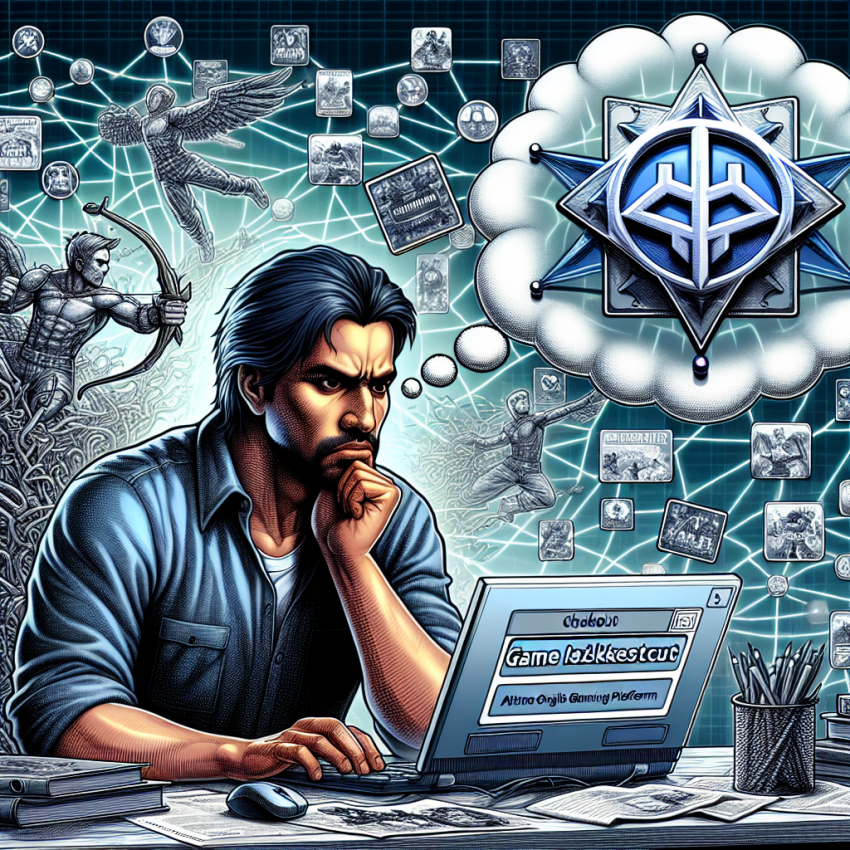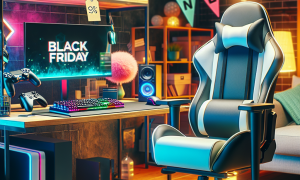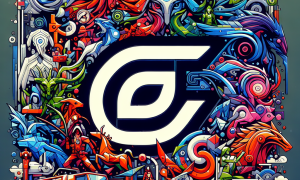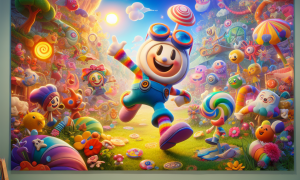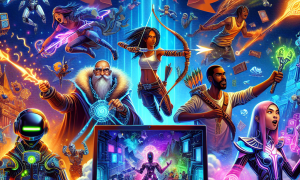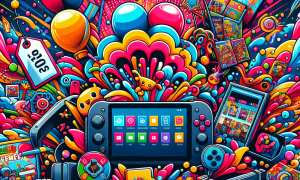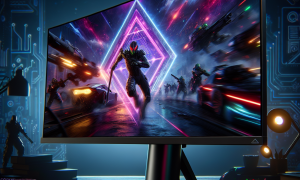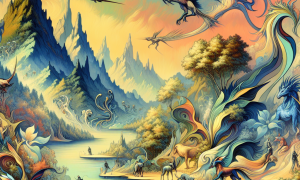Introduction
In the vast realm of digital gaming, the notion of ownership has sparked heated debate among gamers. Recently, Steam updated its checkout banner, reiterating a critical point: upon purchasing a game, users do not truly “own” it. This update led to a sharp jab from GOG—an alternative gaming platform—known for its user-friendly policies that focus on player rights. So, in this ongoing battle between Steam and GOG, the question arises: Who truly owns your purchased games?
The Ownership Dilemma
When players buy a game on platforms like Steam, they are essentially acquiring a license to access the game rather than outright ownership. This licensing model opens the door to **interpretation and legal ambiguity** regarding what it means to “own” a digital game.
Steam’s new banner highlights the following points:
- Users are granted a limited license to play the game, subject to specific terms and conditions.
- Access can be revoked if a user violates these terms, such as through account bans or if the game is removed from the store.
- The possibility of digital rights management (DRM) could affect gameplay when the required online features experience issues.
Such conditions raise concerns among gamers who wish to ensure that they can enjoy the games they purchase without potential restrictions.
The Implications of Digital Ownership
In traditional retail, purchasing a game physically guarantees that you own it. You can resell it, lend it to friends, or keep it indefinitely. With digital purchases, however, the stakes are higher for players. Here are some implications of this digital ownership model:
- Account Dependencies: Your access to games depends entirely on your account status. An account suspension means no access to your games.
- Game Availability: Titles can be removed from the platform, making them unavailable for download despite prior purchases.
- Changes in Terms: Platforms can change their terms of service, which might impact your access or rights.
These points illustrate a growing concern among consumers about the actual ownership of digital products.
GOG’s Counterpoint: The Philosophy of Ownership
In stark contrast to Steam’s licensing model, GOG (Good Old Games) promotes a philosophy centered around ownership and user rights. Known for its DRM-free games, GOG’s approach emphasizes that when you purchase a game from their platform, it’s truly yours.
Key Features of GOG’s Model
The primary distinctions in GOG’s model include:
- DRM-Free Games: GOG does not impose any digital rights management on its titles, ensuring unrestricted access to your purchases.
- Offline Installers: Users receive offline installers, allowing them to download and install the games independently of the GOG platform.
- Transferability: Players can back up their game files and transfer them to other systems without the fear of losing access.
These features align with the conventional understanding of ownership, providing gamers with a sense of security for their digital assets.
Community Response and Implications for Gamers
The recent exchange between Steam and GOG has prompted discussions within the gaming community, highlighting varying consumer preferences regarding ownership and purchasing models.
What Gamers Value
When considering where to purchase games, players may weigh these factors:
- Ownership Security: Many gamers value platforms that promote owners’ rights and ensure access to purchased content.
- Accessibility: The ability to play games offline without third-party restrictions is increasingly appealing.
- Support for Indie Developers: Some users may prefer platforms that specifically prioritize independent developers and offer titles that are less restricted or censored.
Gamers often share their experiences online, contributing to a collective understanding of the best practices in digital purchases and ownership.
Final Thoughts: The Future of Digital Ownership
As the landscape of digital gaming continues to evolve, the notion of ownership remains pivotal in discussions surrounding consumer rights. The tussle between Steam and GOG exemplifies a broader conversation about how gamers view their purchases and the value of digital ownership.
With growing scrutiny over user rights, gaming platforms may need to adapt their practices to accommodate consumer demands for clearer ownership guarantees.
While Steam’s approach aligns with conventional licensing models seen across digital media, GOG’s position fosters a community that values transparency and true ownership. It’s a battle that affects not just personal gaming experiences but also the industry as a whole.
As players become more conscious of their rights, it’s crucial to choose platforms that align with their values, ensuring that the games they buy remain permanently theirs—after all, in the words of GOG: “If you buy a game, you should own it.”
In summary, the debate over game ownership in the digital realm is far from settled. Whether one prefers the well-established ecosystem of Steam or the rights-focused approach of GOG, it invites gamers to not just consider the immediate gratification of purchasing a game, but also to reflect on the long-term implications of their digital purchases.
Citation: Steam checkout banner clarifies you don’t own the game you buy — GOG takes a jab at Steam, saying it gives users offline installers that cannot be taken away written by Jowi Morales
